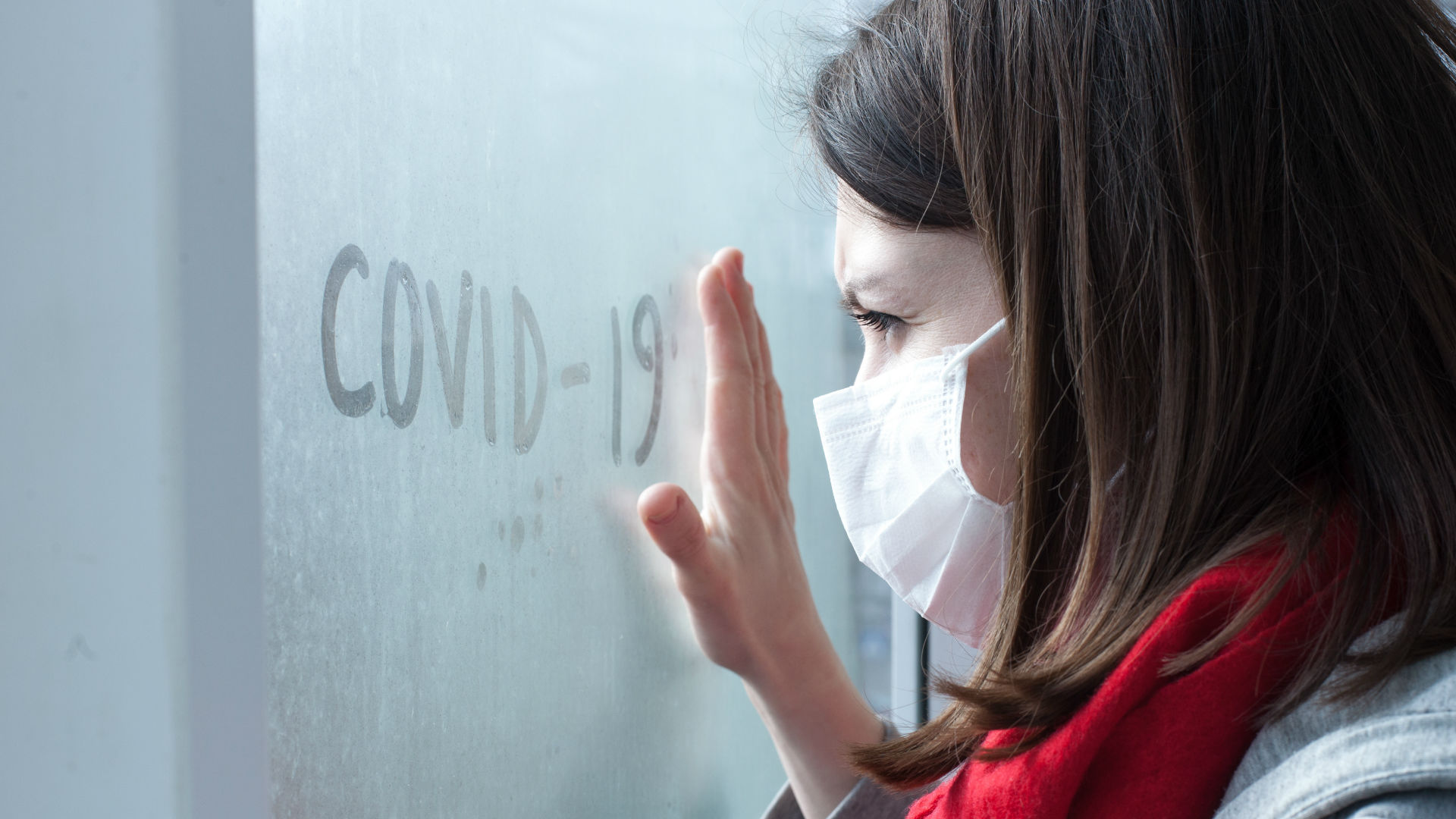In the face of the coronavirus outbreak, many experts have warned about the consequences that the pandemic brought, such as wearing a mask for at least a year, why the vaccine could take more than a year and, recently, an epidemiologist, assures that "it does not matter what you do, everyone will catch it. "
This affirmation arises after, in recent weeks, several specialists, journalists and politicians from different parts of the world have stopped to analyze and debate what is known as "the Swedish case", which refers to the fact that the Nordic country has taken a series of measures very different from those of the rest of the countries.
And it is that Sweden governs what its authorities defined as "soft confinement", based on the trust of the population and its institutions.
Its restrictions prohibit only gatherings of more than 50 people, and although universities are closed, recreational gardens and schools are not. Restaurants and bars are also not closed, although only people are allowed to sit at the tables, which must be no less than two meters away.
One of the authors of this strategy is Johan Giesecke , one of the world's leading epidemiologists, who is a government adviser and a member of the Strategic and Technical Advisory Group on Infectious Risks of the World Health Organization (WHO).
But when the pandemic curve appears to have stabilized in most countries, Giesecke's model and his controversial claim have become the focus of discussion.
"This disease spreads like a fire and what you do does not change too much. Everyone is going to catch it, everything in the world in the end," he warned Infobae and explained that this will happen until there is a vaccine.
Giesecke explained that so far there is no scientific evidence for most of the restrictions that countries are taking, such as quarantine, as he believes that this is merely a race among politicians.
"There are some things that we do know scientifically, like washing hands is good. We also know that we must maintain a certain social distance, that is, not get too close to other people," he said.
"It's nice to be outside and one should do it"
Although confinement has been recommended in order to avoid an increase in the number of infections, the specialist points out that the effects that this will bring about must be analyzed because, although many countries have told the population to stay home, "it is strange because it's nice to be outside and you should be. "
"The infection spreads very little in the open air. In fact, the risk is much less," he added.
In this way, he advises that young people be outside and that the elderly stay at home, this to generate the so-called "herd immunity".
"The best way to do this is for young people, but not just them, I mean, for people in their 50s or 60s to mingle, and tell big people with pre-existing medical conditions to stay indoors. So you can get immunity in the country pretty quickly, "he warned.
But how does herd immunity work? Giesecke explained if enough people are immunized around someone with the virus, then they cannot infect.
"Let's say that 70% of a population had the virus, and that it is immunized in some way, that means that there is still 30% that could be infected. That is, you cannot completely return to normal even after achieving immunity. herd. You have to hold the restrictions for some time after that, "he said.
The recommendation
According to the specialist, the ideal is to relax one restriction at a time and start somewhere.
"For example, reopening schools could be the first step. Then assess the spread of the virus and, if there are more cases or not, whether schools can be kept open and go to the next stage, for example, reopening restaurants. And to re-evaluate, maybe the numbers are not good and then you have to re-close. And so in each stage. You have to lift one restriction at a time, and this can take months before finishing, "he concluded.
See also:
Experts believe quarantine is no longer the solution to COVID-19 for this reason.
Quarantine: what is 'cabin fever', its symptoms and how to fight it
Woman tests positive for COVID-19 despite being in quarantine, why did it happen?
Related video: Tips for having a stress-free and productive quarantine at the same time

